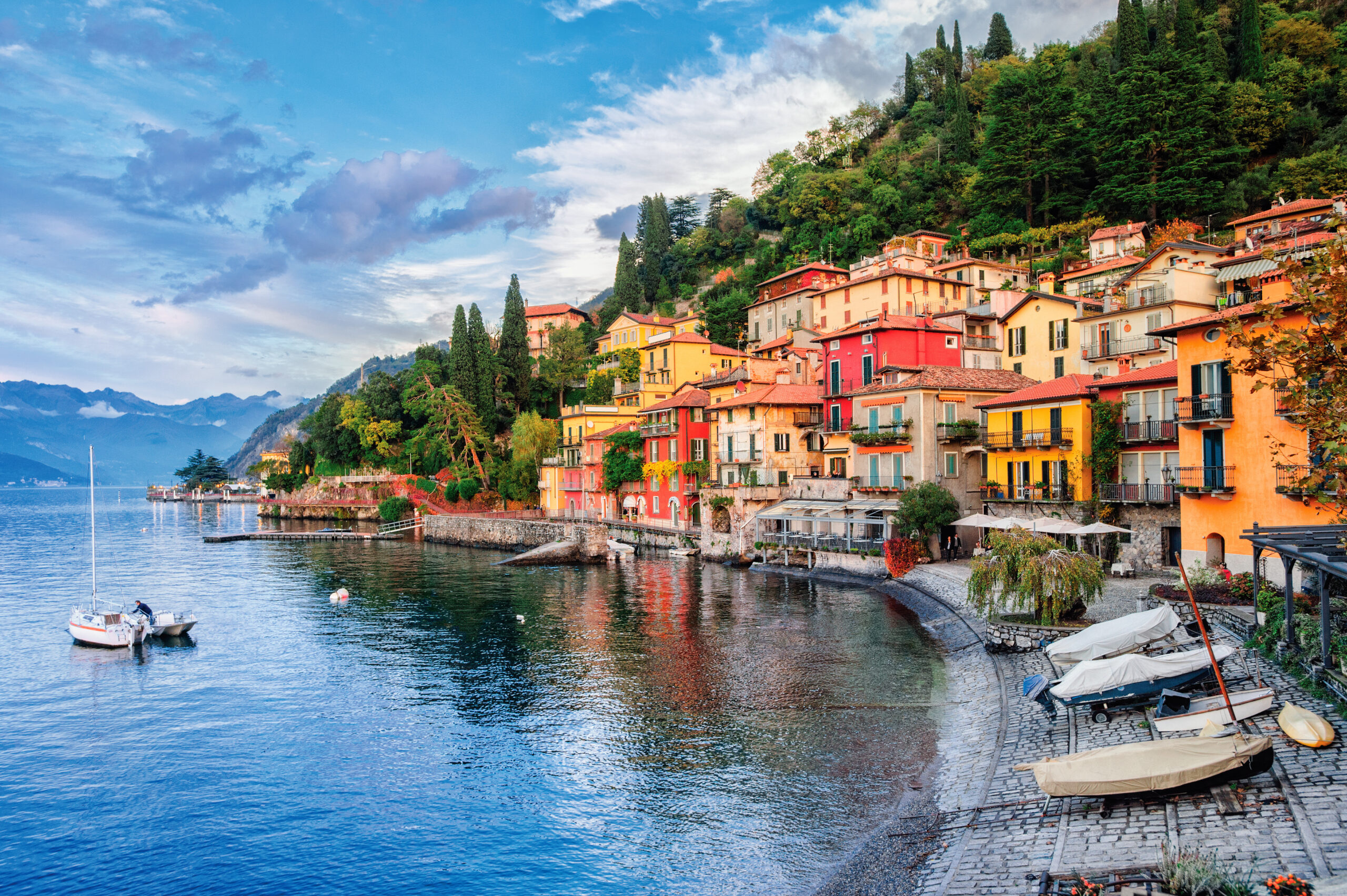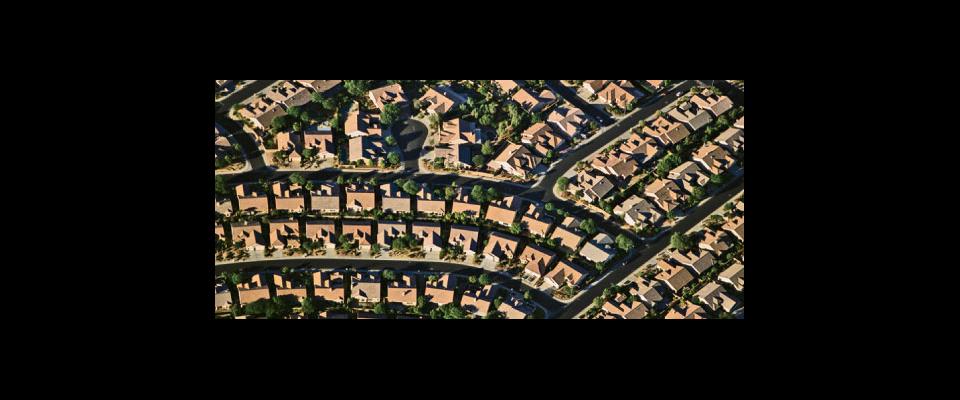Reflective urban surfaces could help cool the planet
If everyone painted their rooftops white, it would go a long way to turning down the global thermostat. That’s according to researchers at the Lawrence Berkeley National Laboratory, in a paper for the journal Climatic Change. Hashem Akbari of the Lab’s Heat Island Group and colleague Surabi Menon calculate that the use of lighter colors or other reflective materials on rooftops and pavement in densely populated urban areas worldwide—about 1 percent of the Earth’s surface—would be roughly equivalent to offsetting 44 gigatons of carbon dioxide emissions. Put another way, it would be like taking a billion cars off the road for 11 years.
White roofs and lighter-colored pavement would help cool the planet in two ways. First, by increasing albedo (the ability of objects to bounce solar radiation back into space), and second, by reducing the need to cool buildings and thus reducing the need to burn fossil fuels to power air conditioners. In addition to the warming offset and reduced energy consumption, albedo-enhanced roofs and pavement would also lessen smog formation by reducing local air temperatures in traffic-choked cities. “It’s a win and win and win situation,” says Akbari.
However, he stresses that increasing albedo does little to get at the root cause of warming—namely, carbon dioxide emissions. “White roofs can save energy in individual buildings but that’s the only direct effect they have on CO2,” says Akbari, who notes that CO2 molecules emitted today will persist in the atmosphere for a millennium. “So when you install a cool roof, you get that [cooling] effect, but you get that effect once. From then on, one is committed to keeping all existing cool roofs cool for a thousand years or so.”
That may sound daunting, but cool roofs are a low-tech, low-cost measure that if widely deployed would buy society time to make dramatic reductions in greenhouse gases. “That,” says Akbari, “really is the ultimate answer to this problem.”



















